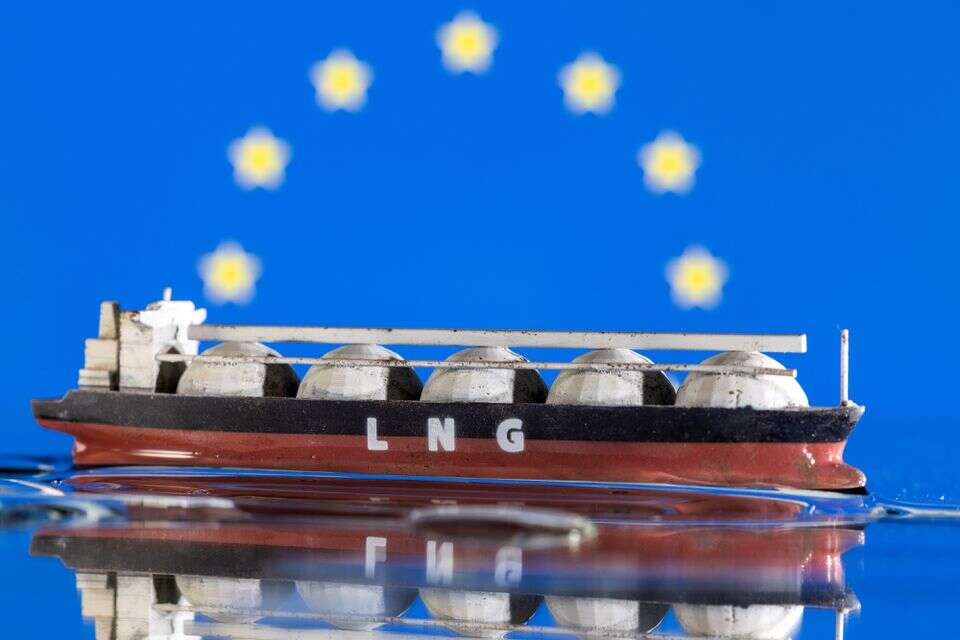Although a formal “natural gas cartel” akin to the Organization of the Petroleum Exporting Countries (OPEC) does not exist, a coalition of significant gas-exporting nations has been collaborating to exert influence over global gas prices and supply. (7) The Gas Exporting Countries Forum (GECF) is often regarded as the closest parallel, with some analysts suggesting it could evolve into an “OPEC for gas.”
1. Overview of the GECF
The Gas Exporting Countries Forum (GECF) is an intergovernmental organization comprising major natural gas-producing and exporting countries. Established in 2001 and headquartered in Doha, Qatar, the GECF encompasses nations that collectively control over 70% of the world’s natural gas reserves and nearly 50% of global liquefied natural gas (LNG) exports. Key member countries include Russia, Iran, Qatar, Algeria, Venezuela, Egypt, Nigeria, Bolivia, and Trinidad and Tobago, among others. Norway, Kazakhstan, and Iraq participate as observers but are not full members.
2. The GECF’s Role Compared to OPEC
In contrast to OPEC, which actively establishes production quotas to influence oil prices, the GECF does not currently regulate natural gas production or pricing. However, member nations engage in cooperative strategies that impact the global gas market, including:
– Coordinating LNG and pipeline exports
– Negotiating long-term supply contracts
– Influencing pricing mechanisms
– Expanding infrastructure, such as gas pipelines and LNG terminals
Russia, Iran, and Qatar—the three largest holders of natural gas reserves—have contemplated the formation of a gas “super cartel” to enhance their control over global energy markets, although no formal production quotas have been instituted.
3. Russia’s Dominance and Geopolitical Implications
As the largest exporter of natural gas, Russia plays a pivotal role in the global gas trade. Prior to the conflict in Ukraine, Russia supplied approximately 40% of Europe’s natural gas through pipelines such as Nord Stream 1 and 2. However, following sanctions and escalating geopolitical tensions, European nations have sought to reduce their dependence on Russian gas, increasingly turning to LNG from the United States, Qatar, and other suppliers.
Despite this shift, Russia continues to exert influence over global gas markets by:
– Adjusting supply levels through the state-owned Gazprom
– Establishing partnerships with China and India to access alternative markets
– Strengthening alliances with GECF members to advocate for price control strategies
4. Distinctions Between the Gas and Oil Markets
Natural gas presents unique challenges compared to oil, as it is more difficult to transport and store, resulting in regional price disparities influenced by pipeline and LNG infrastructure. The three primary pricing hubs are:
– Henry Hub (U.S.) – The benchmark for U.S. natural gas prices
– TTF (Netherlands) – Europe’s main gas pricing index
– JKM (Japan/Korea) – Asia’s leading LNG pricing index
Due to the inherent inflexibility of gas markets compared to oil, it is more challenging for a cartel like the GECF to exert comprehensive control over prices. However, as LNG infrastructure continues to develop, the potential for a more cartel-like structure may increase, thereby enhancing the GECF’s influence over global pricing.
5. Prospects for a Natural Gas Cartel
While the GECF does not currently operate as a fully coordinated cartel, there are apprehensions that Russia, Iran, and Qatar may advocate for stronger collaboration, particularly as:
– Europe diminishes its reliance on Russian gas
– Demand from Asia (notably China and India) escalates
– New LNG projects transform the market landscape
Should GECF members begin to establish export quotas, the emergence of a genuine “Gas OPEC” could occur, potentially leading to price volatility reminiscent of the oil market.











